 If you’re a first-time homebuyer, you might be wondering what all of the expenses you can expect to have when it comes time to close on your home.
If you’re a first-time homebuyer, you might be wondering what all of the expenses you can expect to have when it comes time to close on your home.
Ideally, you’ll want to understand all of the closing costs months in advance so that you can plan accordingly. However, even if you’re close to purchasing your first home, it’s still useful to get to know closing costs better.
In today’s post, I’m going to cover the closing costs that are typically the buyer’s responsibility.
Buyer’s closing costs
There’s good news and bad news when it comes to closing costs for buyers. The bad news is that buyers are typically on the hook for the majority of the closing costs associated with a real estate transaction. The good news, however, is that many of these fees will be grouped together as part of your mortgage, meaning you won’t have to devote much time or thought to them individually.
That being said, to ensure that you know where your money is going, here’s a breakdown of the main closing costs that you’ll likely be responsible for as a buyer:
1. Attorney fees
Real estate attorneys research the ownership of the home, ensuring that the seller actually has the right to sell you the property. Though this is usually a formality, it is an important one.
Attorneys, through a title company, can either charge a flat fee or hourly rate - this information will be provided to you up front, before your settlement.
2. Origination fees
The origination fee is paid upfront to the lender. It’s the fee that they charge for processing your mortgage application and getting you approved as a borrower.
3. Prepaid interest
Many buyers also pay their first month’s interest in advance, at the time of purchase. This is the amount of interest that will accrue from the time you purchase the home (settlement) until your first mortgage payment is due (a month later).
4. Home inspection
Inspections are one of the closing costs that can save you a ton of money in the long run if they find anything during their visit to the home. Inspectors should be licensed in your state, and you should choose your own inspector based on ratings and reviews. (I am happy to provide recommendations, but the choice always rests with my clients.)
5. Recording fees
All real estate purchases have to be recorded by the local government. Typically, this is handled by the settlement agent, and the recordation is performed electronically. Recording fees are charged whenever a real estate transaction occurs.
6. Underwriting fees
Mortgages are all about determining risk. A lender wants to know whether they will see a return on their investment by lending to you. To do so, they research your credit and income history. The fee the charge for this work is called the underwriting fee.
There are variations in closing costs for each particular property and transaction, depending on the location of the property and your status (for example, first time home buyers are offered a break on certain taxes and fees in some states). However, these broad categories are a good starting point for determining what your closing costs will include.
If you have any questions or want more details, don't hesitate to reach out! I am always available. -Peter
.png)

